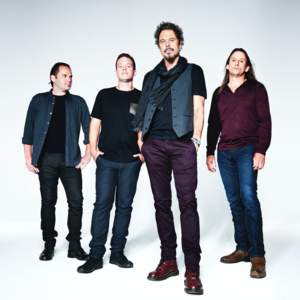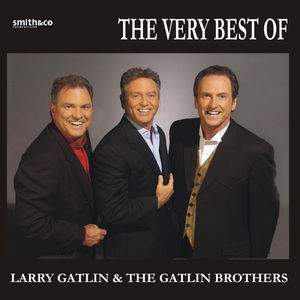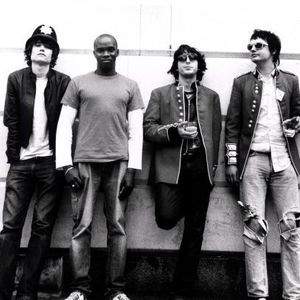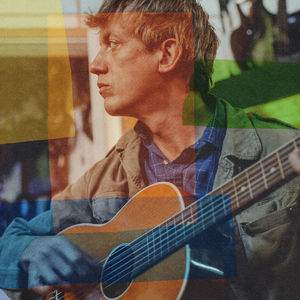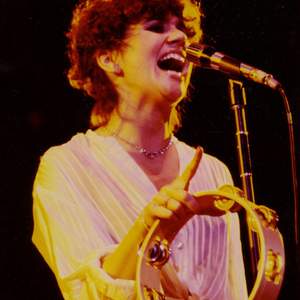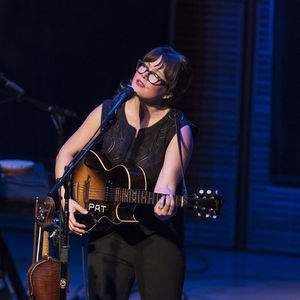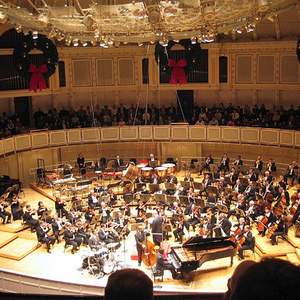Turandot Tour 2025
November 9, 2025 -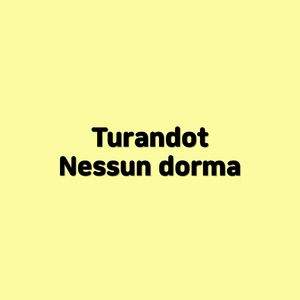
The Turandot tickets are available.
The biggest music event won’t pass you by and you will be able to savor it at the fullest! This tour is going to be huge and you can be a part of it. We understand the desire to witness the live performance of a well-known band.
Do you know what is the biggest music event of the year? Of course, it is the Turandot tour! It is on everybody’s radar right now. After all, a music event of such proportions cannot be missed. Thousands of people are coming to huge concert halls and arenas just to see their favorite performer and listen to memorable hits. Getting VIP tickets is not an easy task but it is not a problem if you decide to purchase Turandot VIP packages with us.
We are making sure to keep our tickets within the affordable price range while providing you with updated information on everything that’s happening in the music industry. In addition, you can choose tickets based on your seat preference. Just follow the Turandot schedule carefully and make sure to book your tickets in advance. The most amazing experience is guaranteed!
You can’t really find anything similar to a live performance anywhere else. The live performances are truly unique and there are no gadgets capable of conveying the same level of energy and emotion. This has to be experienced at least once and then you will understand why events like these happen everywhere. The Turandot tour is something truly special, and if you don’t want to miss it then check our deals as soon as possible.
Simply check the dates for the performance at your hometown and book your tickets because they get sold out really quick! Getting your tickets in advance is always cheaper and more convenient and with us you will get your tickets for the Turandot 2025 tour very quickly!
Turandot Tickets 2025 - 2026
Turandot VIP Packages 2025/2026


About Turandot
Turandot ( TEWR-ən-dot,[citation needed]Italian: [turanˈdɔt] (![]() listen);see below) is an opera in three acts by Giacomo Puccini, posthumously completed by Franco Alfano in 1926, and set to a libretto in Italian by Giuseppe Adami and Renato Simoni. Its best-known aria is "Nessun dorma".
listen);see below) is an opera in three acts by Giacomo Puccini, posthumously completed by Franco Alfano in 1926, and set to a libretto in Italian by Giuseppe Adami and Renato Simoni. Its best-known aria is "Nessun dorma".
Though Puccini first became interested in the subject matter when reading Friedrich Schiller's 1801 adaptation, he based his work more closely on the earlier play Turandot (1762) by Count Carlo Gozzi. The original story is one of the seven stories in the epic Haft Peykar; a work by twelfth-century Persian poet Nizami (c. 1141–1209). Nizami aligned his seven stories with the seven days of the week, the seven colors, and the seven planets known in his era. This particular narrative is the story of Tuesday, as told to the king of Iran, Bahram V (r. 420–438), by his companion of the red dome, associated with Mars. In the first line of the story, the protagonist is identified as a Russian princess. The name of the opera is based on Turan-Dokht (daughter of Turan), which is a name frequently used in Persian poetry for Central Asian princesses.
The opera's version of the story is set in China. It involves Prince Calaf, who falls in love with the cold Princess Turandot. In order to obtain permission to marry her, a suitor must solve three riddles. Any single wrong answer will result in the suitor's execution. Calaf passes the test, but Turandot refuses to marry him. He offers her a way out: if she is able to guess his name before dawn the next day, he will accept death. In the original story by Nizami, the princess sets four conditions: firstly "a good name and good deeds", and then the three challenges. As with Madama Butterfly, Puccini strove for a semblance of Asian authenticity (at least to Western ears) by integrating music from the region. Up to eight of the musical themes in Turandot appear to be based on traditional Chinese music and anthems, and the melody of a Chinese song "Mò Li Hūa (茉莉花)", or "Jasmine", became a motif for the princess.
Puccini left the opera unfinished at the time of his death in 1924; Franco Alfano completed it in 1926. The first performance took place at the Teatro alla Scala in Milan on 25 April 1926, conducted by Arturo Toscanini. The performance included only Puccini's music without Alfano's additions. The first performance of the opera as completed by Alfano was performed on the next evening, 26 April, although it is disputed whether the second performance was conducted by Toscanini or by Ettore Panizza.



